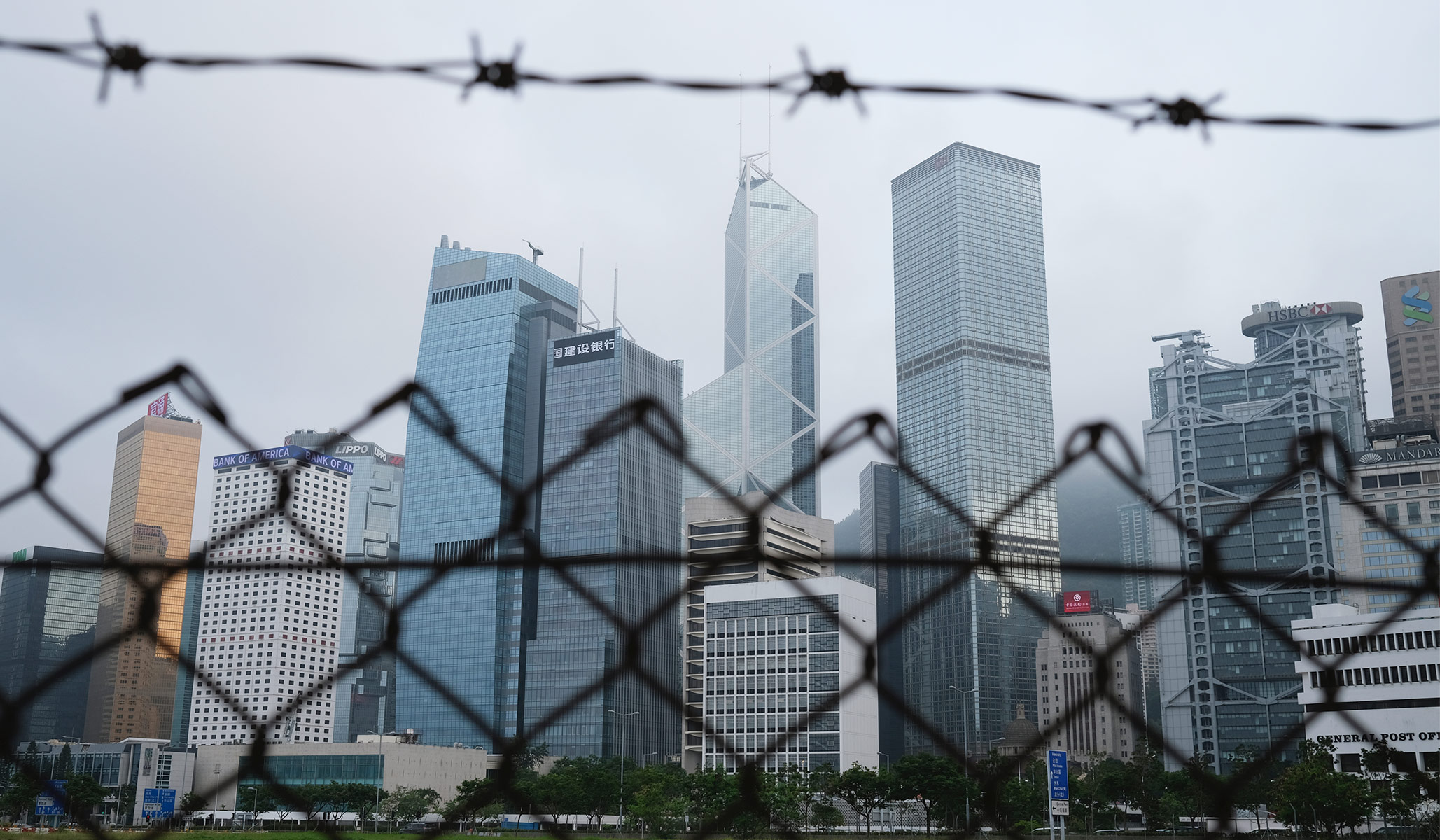


The State Department has downgraded its travel warning for Hong Kong, designating the city as “Level 2: Exercise Increased Caution.” Some advocates for democracy in Hong Kong criticized the move, which comes against the backdrop of the Biden administration’s ongoing drive to seek a more cooperative relationship with Beijing.
The quietly implemented move came the day before the weekend leading into July 4, and it marks an easing of the U.S. warning against travel to Hong Kong, whose political freedoms and autonomy were eliminated by the Chinese mainland through the 2020 national-security law.
In March 2022, Hong Kong’s advisory was elevated to “Level 4: Do Not Travel,” with the department warning of the city’s strict Covid-control measures and the enforcement of local laws. On March 10 of this year, the warning was brought down to “Level 3: Reconsider Travel” that also covered the rest of China.
The State Department also reissued its Level 3 advisory for mainland China last week, citing the “risk of wrongful detentions” of U.S. citizens.
The new, June 30 travel advisory no longer includes language about Hong Kong’s enforcement of Covid measures — which have mostly been lifted — though it continues to warn Americans of the implementation of the national-security law, specifying that it covers offenses by non–Hong Kong residents outside of Hong Kong and that Hong Kong does not recognize dual nationality.
Samuel Bickett, an American lawyer who was detained for two years and deported after Hong Kong authorities accused him of assaulting a police officer, wrote on Twitter that he was bewildered by the change. “As an American who was wrongfully jailed there in 2019, 2020 & 2021 and has watched the situation get far more dangerous since, I find this change inexplicable,” he said.
Others pointed out that the downgraded advisory was issued on the anniversary of the 2020 national-security law. “Upsetting to see the advisory downgrade on the third anniversary of the national security law’s enactment,” wrote Hong Kong Democracy Council executive director Anna Kwok.
Although the U.S. government has spoken out about Beijing’s assertion of total control of the city, which was supposed to maintain an autonomous status under its Basic Law, the Biden administration has taken steps to seek high-level dialogue with Chinese officials. After Secretary of State Antony Blinken met with Chinese leader Xi Jinping and top foreign-affairs officials in Beijing last month, the State Department said both sides emphasized the importance of “strengthening people-to-people exchanges.”
That high-level diplomatic dialogue is continuing this week. On Sunday night, two days after State issued the updated Hong Kong travel advisory, the Treasury Department announced that Treasury Secretary Janet Yellen will travel to China on Wednesday.
A State Department spokesperson did not directly address National Review’s questions about the specific reasons behind the adjustment to Hong Kong’s travel advisory but denied that political factors go into any travel advisory decisions.
“The Department of State routinely updates our Travel Advisories and country-specific information for all countries based on a comprehensive review of all available safety information and ongoing developments. Travel Advisories are based on conditions in a country that could pose risks to the safety and security of U.S. citizens. Travel Advisories also take into account decisions made to protect the security of U.S. government personnel overseas and ensure that private U.S. citizens receive appropriate security information,” the spokesperson said.
“This analysis is undertaken without regard to bilateral political or economic considerations,” the State Department spokesperson added.
In the days following State’s decision, the Hong Kong authorities’ claim to universal jurisdiction over political speech performed abroad has come to the fore once again: The city’s government announced that it is seeking the arrest of eight activists and lawmakers who fled the city during the 2020 crackdown and now live abroad.
State’s new advisory is poised to help to facilitate the return of American business travelers, expats, and tourists to the city. The return of foreign tourists remains a key goal for Hong Kong chief executive John Lee, who kicked off a major campaign to encourage tourism in post-national-security-law Hong Kong earlier this year.
The State Department has also not ruled out granting an exception to Lee, who was sanctioned by the U.S. government in 2020 for his role in the crackdown, to attend the Asia Pacific Economic Cooperation summit in San Francisco in September.
